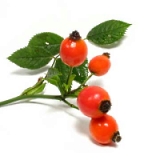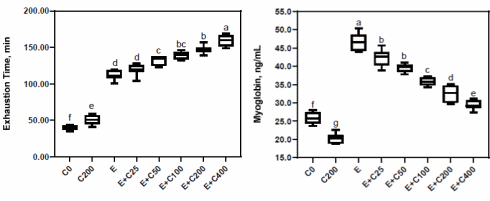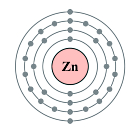|
Rosehips contain slimming medicine
Rosehips – used to make rosehip syrup among other things – contain surprisingly effective slimming agents. Japanese researchers discovered this when they tried out a modest dose of 100 mg extract on obese people. The most important active ingredient in rosehips is probably tiliroside, a flavonoid that inhibits the body's uptake of glucose from food and also boosts the muscles' fat burning ability.
Rosehip and tiliroside
In 2007 researchers at Kyoto Pharmaceutical University in Japan published the results of an animal study in which a surprisingly low dose of a rosehip extract had a powerful slimming effect. [Bioorg Med Chem Lett. 2007 Jun 1;17(11):3059-64.] Converting the quantities to human proportions, a dose of 400 mg per day of an extract of whole rosehips should cause fat loss. If the extract were made from just rosehip seeds, the dose would be about 100 mg.
The most important active ingredient in rosehips is the flavonoid tiliroside [structural formula shown here]. The animal study mentioned above showed that tiliroside stimulated fat burning via the PPAR-alpha molecules in liver cells. Other animal studies have shown that tiliroside inhibits the body's uptake of glucose from food, [Mol Nutr Food Res. 2012 Mar;56(3):435-45.] and via adiponectin boosts the muscles' fat burning ability. [J Nutr Biochem. 2012 Jul;23(7):768-76.]
If you're thinking of experimenting with tiliroside: uptake is better if you ingest it with the flavonoid kaempferol. [Xenobiotica. 2015;45(8):722-30.] Kaempferol is another component of rosehips. So too highly purified rosehip extracts with a very high tiliroside concentration may work less well than 1:4 or 1:8 extracts.
Human study
In their study, which was published in Diabetes, Metabolic Syndrome and Obesity: Targets and Therapy, researchers at Morishita Jintan [jintan.co.jp] gave sixteen obese subjects a pill daily containing 100 mg of "an aqueous ethanol extract of rosehip containing its seeds". Sixteen other test subjects were given a placebo. The supplementation was done for 12 weeks.
Results
The subjects who took the rosehip extract lost just over a kilogram in bodyweight, without changing what they ate or doing more exercise. Their fat percentage went down by one percentage point. The effect of the supplementation only became visible in the last month of the experiment.



The researchers subjected the subjects' blood to extensive analyses, but found no signs of side effects.
Active ingredient
"The rosehip tablet used in this study contained 0.1 mg of tiliroside in one tablet", the researchers wrote. "We expect that tiliroside contributed to the reduction of visceral fat by the rosehip extract, and its effective dose seems very low."
Conclusion
"The results of the present study demonstrate that rosehip extract may be useful as a supplement to safely reduce abdominal visceral fat in preobese subjects", the researchers wrote. "Therefore, it is anticipated that rosehip extract will reduce the risk of cardiovascular disease."
Source:
Diabetes Metab Syndr Obes. 2015 Mar 6;8:147-56.
More:
Aronia berries reduce belly fat 20.05.2016
Carnosic acid animal study: no weight loss but some fat loss 13.05.2016
Why PQQ delays aging (and speeds up fat loss) 26.04.2016
Archives:
Weight Loss Supplements
Weight Loss
Rosehips
|








